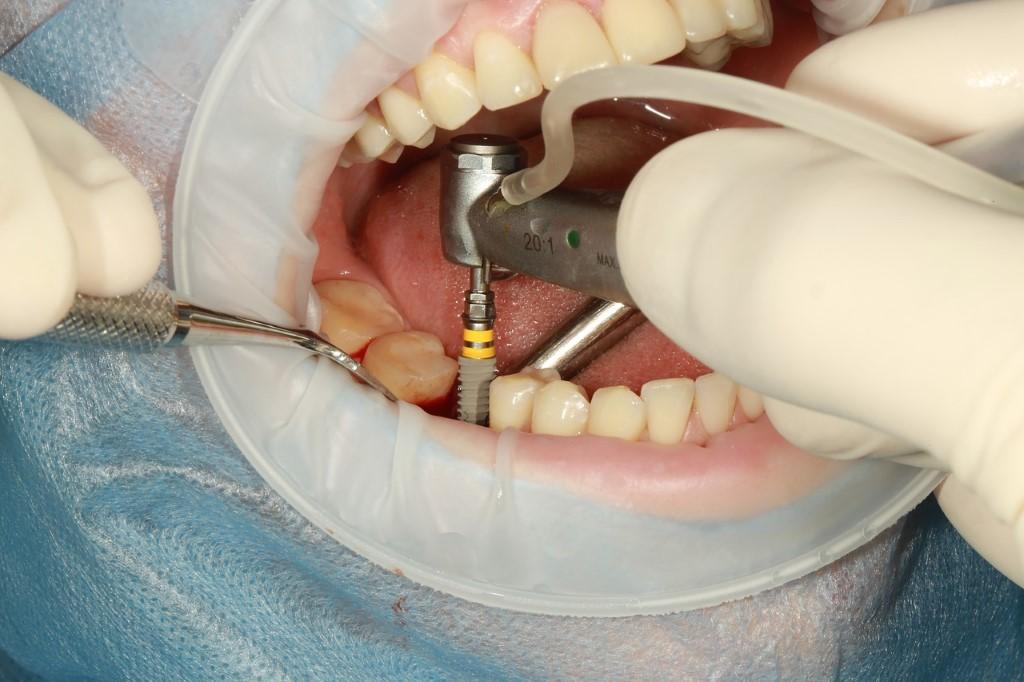As people age, it is common to experience tooth decay and require replacement in the form of dentures or dental implants. However, what people don’t realise is that adults between 35-45 years of age are now experiencing higher rates of decay, oral trauma, poor gum health, and tooth fracture. Issues that lead to tooth loss do not only affect older populations.
The two most popular methods of replacing teeth are dental implants and dentures. If you are weighing your options, it’s important to consider how these methods of tooth replacement differ and the various benefits each can offer.
Dentures vs Dental Implants – How They Differ
On a structural level, dentures and dental implants are very different oral mechanisms. Dentures are removable false teeth. Dental implants are teeth that mimic real teeth more closely because they are anchored into a person’s jaw. This anchoring entails that implants are affixed into the gums.
The Breakdown: Dentures
Some choose dentures as they’re the least invasive option. Before you make your decision, here are some factors to consider.
Who Can Benefit?
Dentures have come a long way since the days of wooden teeth. They are a great option for people with weak jaws or poor gum health. If a person has a history of tobacco use or poor gum health from a family line, then dentures may be the preferred option.
Maintenance
Some people enjoy the ease of being able to take their teeth out and clean them. Others enjoy just having the ability to remove their dentures when needed to take pressure off their jaw. For everyday maintenance, the convenience of dentures can depend on personal preferences.
Dentures also must be fitted properly. For routine maintenance, there may be a few more trips to the dentist than desired until the right fit can be made.
Fit
A few other ideas worth considering include how well the dentures are fitted to you. Dentures will never truly feel like your original teeth. They will likely feel unnatural to begin with, but you’ll soon get used to them.
There are also downfalls to dentures. If they are not fitted correctly, they may wear down on neighbouring healthy teeth by pressing against them. This can cause painful damage if neglected. Ill-fitting dentures also may fall out of place when talking or eating, which can be embarrassing for the wearer.
Jawbone Support
Another point to consider is how over time the lack of teeth within the mouth can lead to a weakened jawbone. This can prove to be an issue for some. People with a few missing teeth can benefit instead from implants, which provide needed support to surrounding teeth and protect the jawbone.
Cost
Dentures will need replacement about once every five years. However, if a patient has lost multiple teeth, dentures tend to be the more cost-effective option.
The Breakdown: Dental Implants
The other increasingly popular option for replacing teeth is dental implants. As you consider the benefits, you also will want to speak with your dentist about which is the better option for your oral health.
Who Can Benefit?
Implants are ideal if you are replacing a few individual teeth instead of an entire mouth. Although, if you have many teeth needing a replacement, the dental implant may still be a viable option for you.
However, it is important to note that some people do not qualify for dental implants. You will need healthy gums and a strong jaw in order to successfully have dental implants. Hamptons Dental can help determine if you are a good candidate for the procedure.
All-Natural Feeling
Implants are appealing because they feel and look like real teeth. An implant can mimic the shape of the tooth you lost in the first place. They will also keep the jaw strong since the implant anchor acts like the root of an original tooth.
Lasting Permanence
Dental implants are screwed into the jawbone for permanent securement. This permanence allows the implants to last up to twenty years if properly taken care of.
Dental implants typically last much longer than dentures do, depending on how well taken care of they are and how early they are placed. Sometimes, the crown on the implant may need a replacement, but this is a simple procedure.
Cost
Since a dental implant is more enduring than dentures, the price is also higher. The higher cost also accounts for the mould made for the tooth, the manufacture of the custom tooth and the implantation into the mouth.
How Do You Choose?
The best advice is to consult your dentist and walk through the option best for your individual lifestyle, comfort, and budget. Both dentures and dental implants are smart options. The best option for you can be determined between you and your expert dentist.



